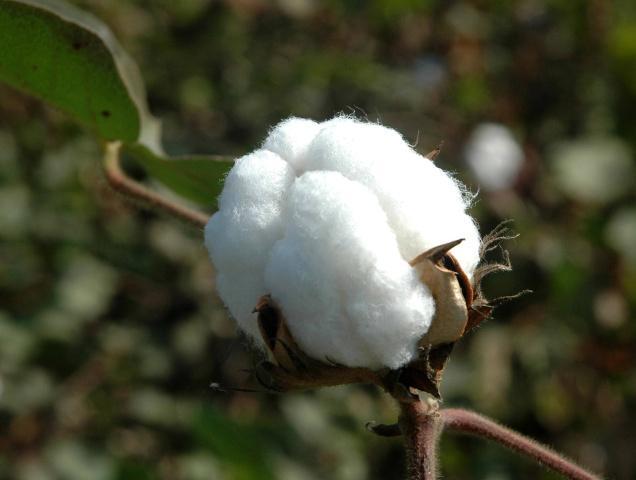
LOCAL farmers are contemplating dumping cotton as they continue to struggle to get returns on their investments.
By Moses Mugugunyeki
The farmers said government must come up with a competitive pricing regime supported by favourable agricultural policies to stop them from switching to other cash crops such as maize and tobacco.
Lameck Juva is one of the best cotton farmers in Goredema area under Chief Chireya in Gokwe North district. His produce was exceptional every year and made him a hero in his community.
Juva like any other cotton farmer in Gokwe, was lured to grow the “white gold” by the attractive returns.
However, he said growing the crop was no longer viable, pushing him and many other families in cotton growing areas into poverty.
“In the past, government ensured that ginners and buyers supported cotton production — those who only came to buy the crop were not tolerated,” Juva said.
Gokwe North and South in the Midlands province and Sanyati in Mashonaland West province were renowned cotton-producing areas and recorded phenomenal infrastructural development just after independence.
- Chamisa under fire over US$120K donation
- Mavhunga puts DeMbare into Chibuku quarterfinals
- Pension funds bet on Cabora Bassa oilfields
- Councils defy govt fire tender directive
Keep Reading

However, the two districts are playing second fiddle to other districts in terms of development as cotton farming is no longer viable.
“I grew cotton on a small plot last time because it is my passion. I am planning to expand my maize hectarage. I am considering quitting cotton growing if the situation continues like this,” Juva said.
While some farmers took a swipe at Chinese merchants for being deceitful, Juva feels the government should have ensured that ginners and buyers who wanted to reap where they did not sow were not welcome.
He said the virtual collapse of the Cotton Company of Zimbabwe (Cottco) heralded death of the cotton industry. Cottco and Cargill came into being at the height of trade liberalisation in 1994 to replace the Cotton Marketing Board (CMB), which was then the sole cotton merchant in the country.
“Cottco and Cargill assisted in boosting productivity by making cotton a viable crop to grow and this was only done through support on the ground in terms of training and inputs supply,” Juva said.
However, the introduction of more players in the cotton industry — mainly Chinese — coupled with the demise of Cottco and Cargill brought misery to the farmers.
Cottco is now under judicial management, while Cargill closed down citing viability challenges.
A gloomy picture was painted about the future of the industry, as seen by the significant reduction in cotton production.
“The price of cotton is not competitive and we are opting for other crops, mainly maize. Government is doing nothing to make cotton growing viable,” said Knox Nyamadzawo, a village head in Goredema.
Zimbabwe Farmers’ Union vice-president Abdul Nyathi said his association was encouraging farmers to diversify and shift to other crops with better returns.
“We are not encouraging farmers to grow cotton this season, unless government comes up with measures that support cotton farming. Farmers have never been paid as low as this year, and I don’t see them growing the crop again,” Nyathi said.
Agriculture deputy minister (Cropping, Mechanisation and Irrigation Development) David Mharapira said government will reintroduce quality control systems and train cotton farmers during the forthcoming season.
“We are going to give farmers inputs, training and we will come up with quality control systems. We are looking at assisting plus-minus 600 000 farmers during the exercise,” Mharapira said.
However, Nyathi said such government support would not help resuscitate the cotton industry.
“I cannot talk about this government intervention because it is too early to talk about it. However, I feel input support and training alone cannot help our cotton farmers and encourage them to grow cotton,” Nyathi said.
Zimbabwe has the capacity to produce over 350 000 tonnes of cotton. However, in the past five years, yields have fallen to as low as 145 000 tonnes.











